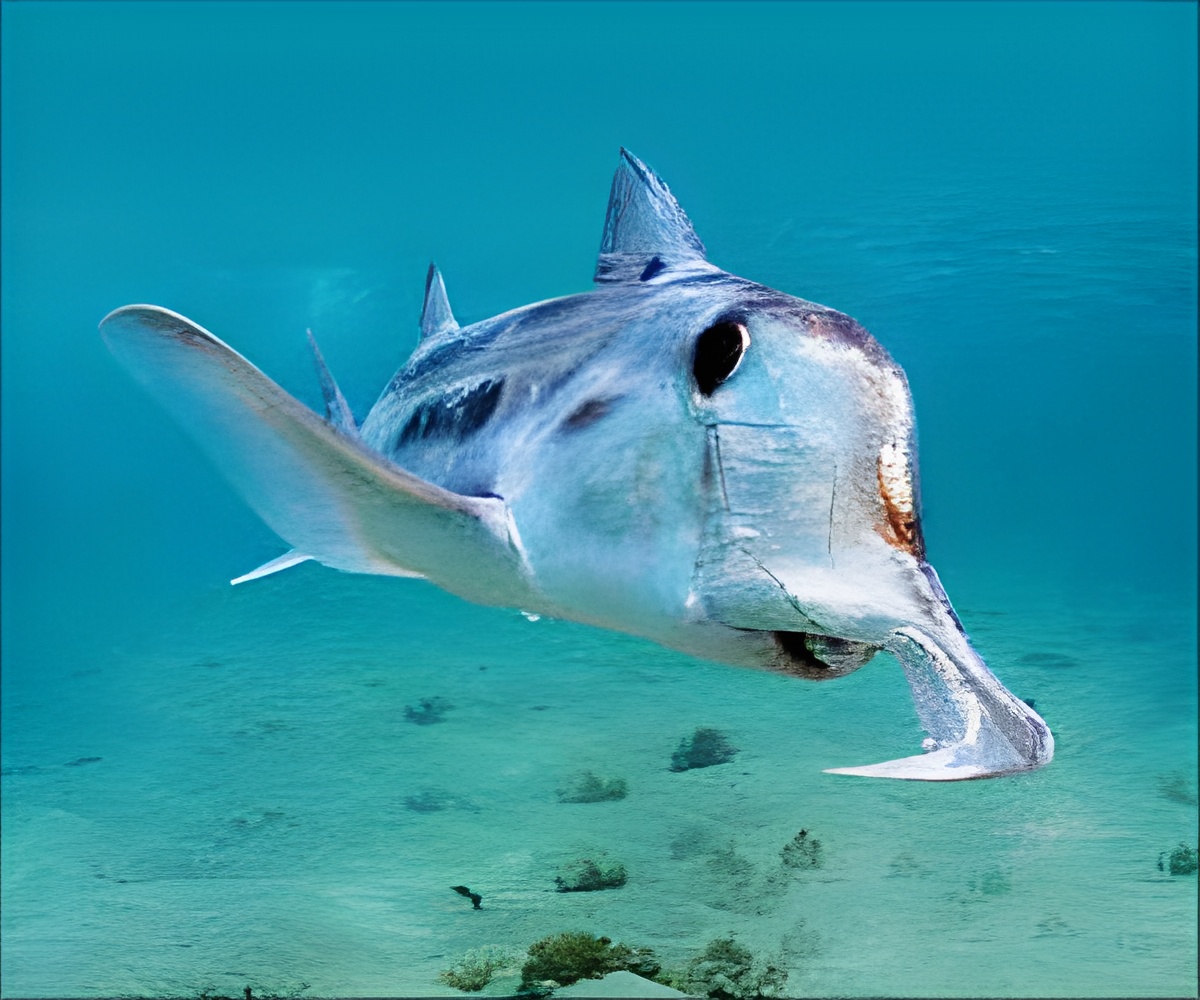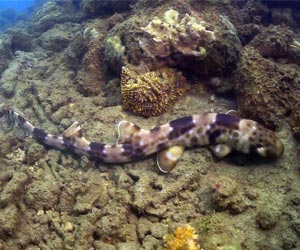Max Planck Institute of Immunobiology and Epigenetics scientists have sequenced the genome of the elephant shark

Despite this seemingly primitive organization of the immune system, sharks exhibit robust immune defences and are long-lived. "The structure of the immune system of the elephant shark is very different from mammals," said Thomas Boehm, co-author and director at the Max Planck Institute of Immunobiology and Epigenetics in Freiburg, Germany. "It is obvious that sharks can efficiently deal with all kinds of infections without this particular cell type. This indicates that nature can come up with different solutions to the same problem," stated Boehm.
What happens when T-helper cells are being destroyed can be observed in AIDS patients, who succumb to viral and bacterial infections. Up to now, it was assumed that cells are essential for an immune system. The new results are challenging this long-held notion and open up an unprecedented avenue towards the development of non-intuitive strategies to modulate the immune functions of humans.
The researchers also investigated why cartilaginous fishes, including the elephant shark, are unable to replace cartilage with bone like humans and other bony vertebrates. Genome analysis was able to highlight a family of genes that are absent in sharks but present in all bony vertebrates and are critical for bone formation. When the researchers inactivated these genes in bony fishes such as the zebrafish, calcification did not occur. This finding is a strong indication that the investigated gene family could be a starting point for a better understanding of bone diseases such as osteoporosis.
In addition, the study revealed that the elephant shark genome is the slowest evolving among all vertebrates. The elephant shark even beats the coelacanth, also called "the living fossil", that has recently been shown to evolve extremely slowly. Therefore, the elephant shark is probably the best proxy for the ancestor of all jawed-vertebrates that became extinct a long time ago.
Cartilaginous fishes (comprising sharks, rays, skates and chimaeras) are the oldest living group of jawed-vertebrates that diverged from bony vertebrates about 450 million years ago. The elephant shark (Callorhinchus milii) is a chimaera that inhabits temperate waters of the continental shelves off southern Australia and New Zealand, at depths of 200 to 500 meters. From approximately 1,000 species of cartilaginous fishes, elephant shark was chosen as a model because of its relatively compact genome which is one third the size of the human genome.
Advertisement









